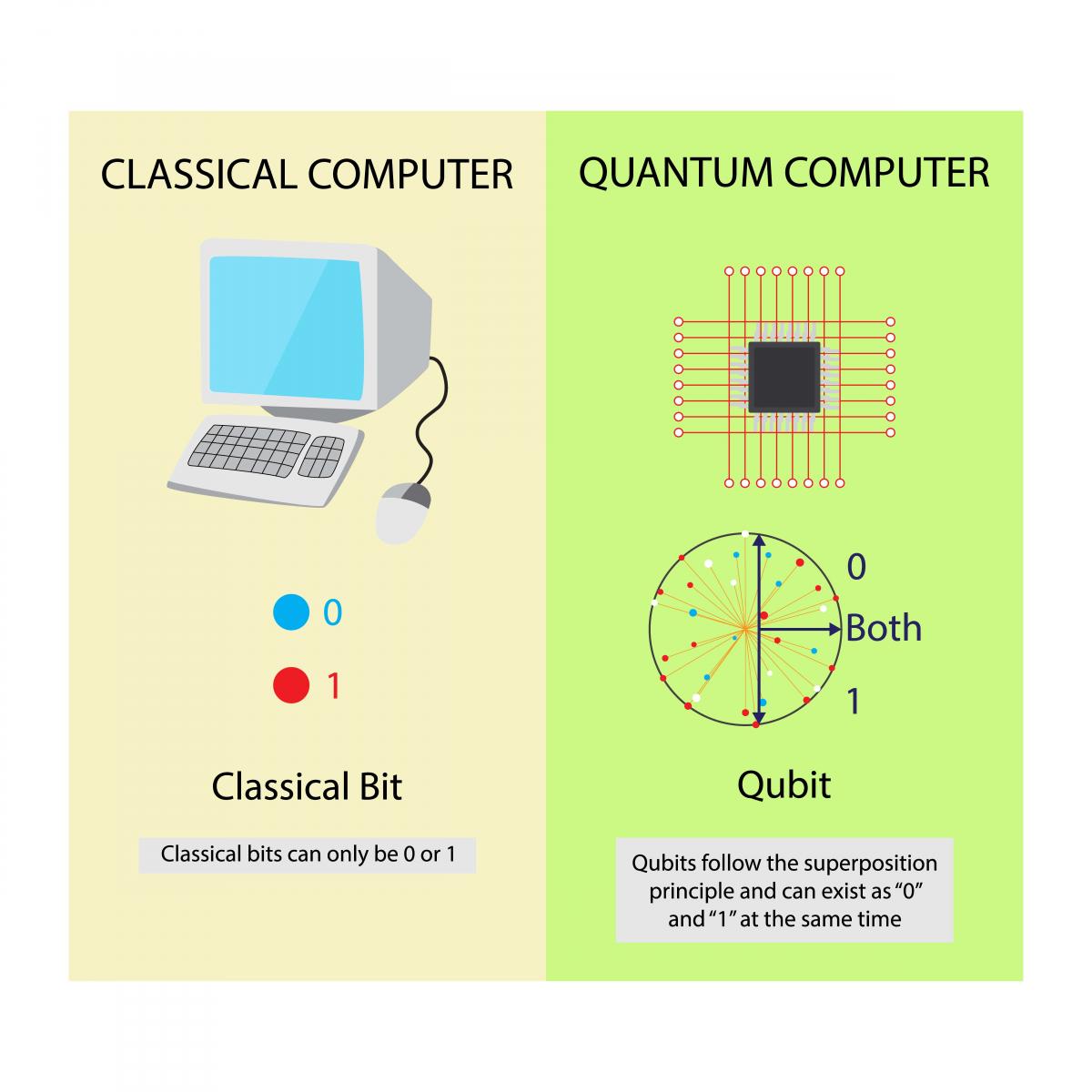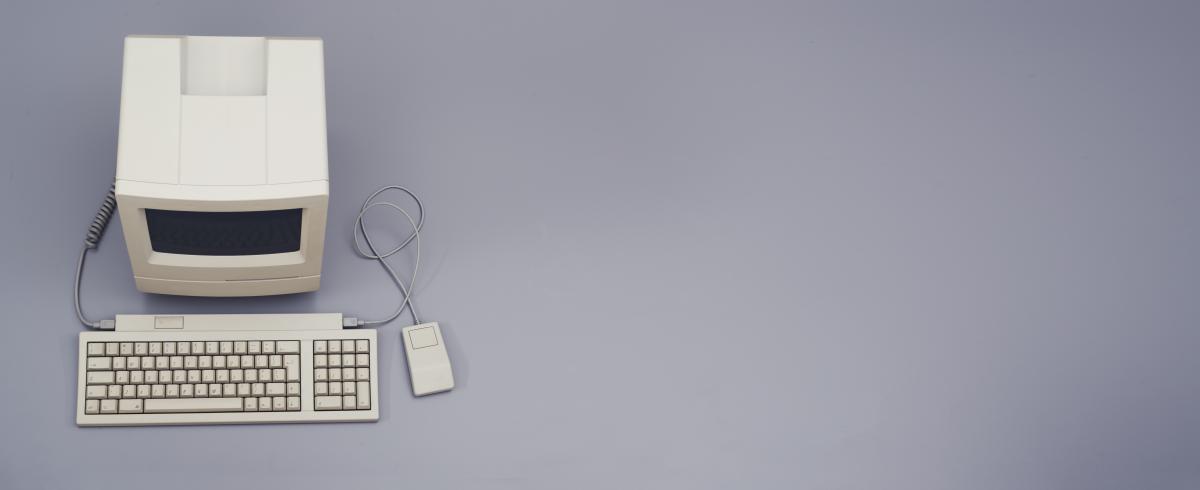August 23, 2024 - Quantum Computing vs Classical Computing
Comparing quantum and classical computing is as similar as a proverbial apples and oranges comparison.
At the very heart of classical computers are these facts:
- They are able to store data.
- They require human instruction via programming to work accurately and fast.
- They do not have intelligence of their own.
- They are devoid of feeling.
- They do not possess the power to learn.
Classical computers have many unique qualities, however the divide between them shows when considering that a classical computer with N bits performs a maximum of N calculations simultaneously, while quantum computers perform up to 2^N calculations. Translated: If a classical processor yields 10 calculations, the quantum processor in comparison will manage 2^10, or 1,024 calculations.
Classical computing as we know it will not go away. However, as quantum computing continues to take hold, it has the power to be a game changer across many industries.
Quantum computing relies on quantum bits (qubits) instead of the ones and zeros of classical bits. To perform a computation with many qubits, they are sustained in a “quantum-coherent” state, whereby qubits are entangled and where a tweak to one qubit may influence all of them.

Looking at this logically, performing computational operations when adding extra qubits can potentially double the resources of a quantum computer.
Quantum Computing facts include:
- Fifty qubits has long been considered the approximate number at which quantum computing becomes capable of calculations that would take too long via classical machines.
- Quantum computers must deal with noise that rapidly derails calculations.
- Quantum computers have the potential to solve the factoring of a large integer.
- Quantum computers are exceedingly difficult to engineer, build and program.
- Errors in the form of noise, faults and loss of quantum coherence are crippling to their operation. Interactions of quantum-coherent entities with their environment creates a situation whereby coherence rapidly “leaks out” in decoherence. All qubits must be kept coherent, which is very difficult.
- The basic physics of quantum computing is far from solved and can’t be readily disentangled from its implementation.
- Quantum computers need to be kept at temperatures close to absolute zero, (-450°F).
Performing classical computations is quite simple: An input goes in, an algorithm processes it, and an output occurs. Quantum computations, however, rely on a range of different inputs and return a range of possibilities. There is no straightforward answer, only an estimate of the probability of different answers.
There’s no doubt that quantum computing will transform many industries. Nevertheless, those changes will take time. According to a 2020 McKinsey report, A Game Plan for Quantum Computing, “…our estimate is that by 2030 only 2,000 to 5,000 quantum computers will be operational. Since there are many pieces to the quantum-computing puzzle, the hardware and software needed to handle the most complex problems may not exist until 2035 or beyond.” In the meantime, researchers will access quantum computers through cloud services such as those offered by Amazon Web Services and Microsoft Azure.

Classical computers will not go away—we will always need the direct answers they provide. Quantum computers, however, will be adopted over time as huge investments continue to produce results. Their use is dependent on their ability to provide enormous computational capacity for complex problems with different input variables and complex algorithms. An interesting fact that Celia Merzbacher of the Quantum Economic Development Consortium (QED-C) points out is that “There is a lot of work developing algorithms for quantum computing. An interesting sidebar, because they run these algorithms on classical computers, is that the classical computers are all gaining ground in capabilities. They have advanced significantly as well with the advent of quantum computing.”
What is important isn’t the comparison of the inherent characteristics of apples and oranges, instead it is leveraging the attributes of both types of computing, classical and quantum, that will unlock quantum’s full power and potential.
This is an excerpt from QC 01 - The Nuts and Bolts (and Qubits) of Quantum Computing, which is a course provided by BNC Academy. This valuable resource offers a plethora of courses in the following subjects: nuclear, radiofrequency, test and measurement, quantum computing, and various user training exercises. You can take a look at the full scope of classes here: https://academy.berkeleynucleonics.com/
